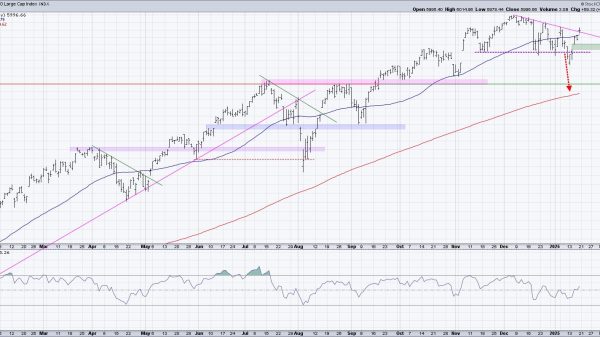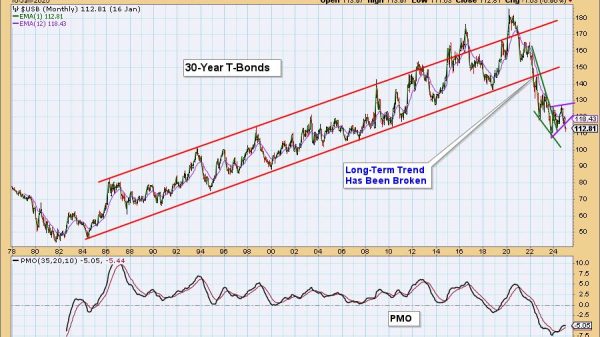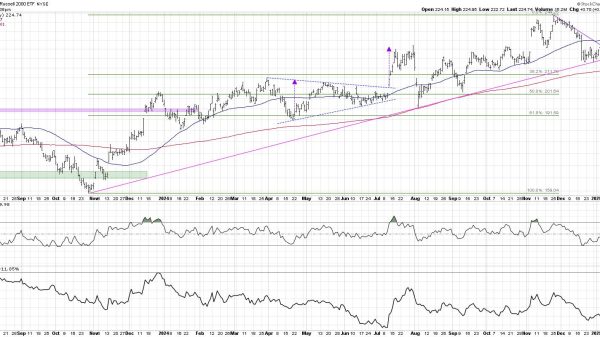To me, a wise and humane policy is occasionally to let inflation rise even when inflation is running above target.
—Janet Yellen
We have sighted the enemy and he is us.
—Pogo
On July 26, 2023, the Federal Reserve raised interest rates by a quarter of a percentage point. By the time you read this, your credit card interest rate will probably have increased for your September statement. When headlines talk about the Fed raising interest rates, the annual percentage rate (APR) used to calculate your credit card interest is likely to increase by the same amount. The Federal Open Market Committee (FOMC) is signaling another increase this fall. This is a cost that will go unnoticed since it is expressed as a fractional increase in the monthly interest rate. But the charge raises costs for those who own at least one credit card, which is 82 percent of the adult population.
The federal funds rate—the Fed’s key benchmark interest rate—is set eight times a year. The underlying interest rate for credit cards is the US prime rate. In March 2022, the prime rate was 3.5 percent. As of July 2023, it was 8.5 percent.
To create the floating APR, banks take into account processing charges, costs to borrow funds, the risk premium for future defaults, and bankruptcies. Your specific APR is also determined by your credit rating.
The average American has 3.8 credit cards. Credit cards are used for 21 percent of all payments nationally (debit cards are used for 27 percent), and 76 percent of credit cards are active (40 percent are active and carry a balance that accrues interest).
These numbers represent an important and large share of daily commerce. At the end of 2022, the average US family owed $6,270 in credit card debt. According to an analysis by Experian in 2022, Generation X (roughly, those born between the 1960s and the early 1980s) owed $8,134 on average—the highest per person relative to other generations. Baby boomers (born between the 1940s and the 1960s) owed $6,245. Total credit card balances grew 13.2 percent in 2022. Younger debtors, eighteen to twenty-nine years old, have the highest delinquency rate, at 9.36 percent.
The credit market’s undertow is worsening. A quarter of participants in the June 2023 Credit Access Survey conducted by the Federal Reserve Bank of New York sought additional credit of some kind. Over one-fifth of new credit card applications were rejected, as were over 30 percent of credit limit increase requests. Rejections were most common for people with credit scores of 680 and below. Experian suggests seven hundred and above is a good score.
Inflation is prompting greater use of credit, and advocates even suggest using credit for grocery purchases. In a Forbes mid-2022 survey, 40 percent of the respondents who had credit cards were increasingly depending on them, and 26 percent had started carrying a balance. Credit card debt in the first quarter of 2023 neared $1 trillion and has now exceeded that.
Banks are hedging for a recession and setting aside funds for more loan losses. Both Capital One and American Express are increasing their contingency funds. Other US banks are setting aside $7.6 billion ahead of earnings reports for the second quarter of 2023. In the third quarter of 2022, six of the largest banks planned to set aside $4.5 billion for loan losses.
Consumer optimism, as measured by inflation expectations, has recently fallen to its lowest level in two years, which indicates some confidence in the future of the economy. Small business optimism increased in May but was below its historical average for the seventeenth month in a row. The consumer is poised to add more debt with student loan repayments and back-to-school spending coming up.
Government spending continues, the causes of inflation continue, and the cost of credit increases as real wages decline. Leviathan offers palliatives that sound earnest and responsive but do nothing for the street-level economy, which is being slowly tortured into default.























